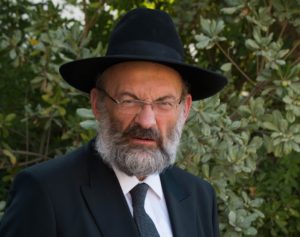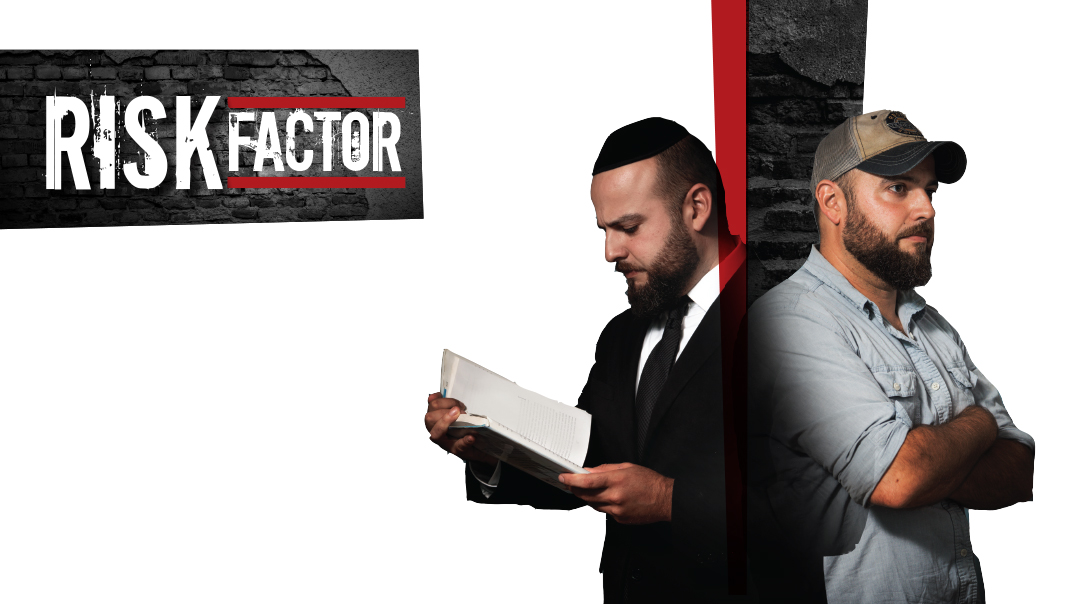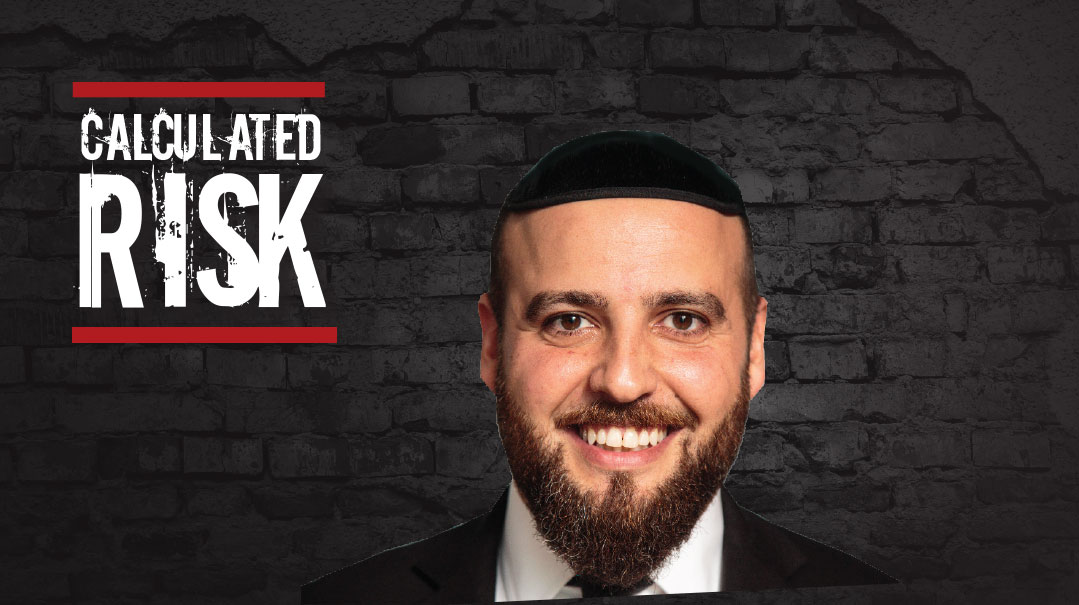The Lost Children
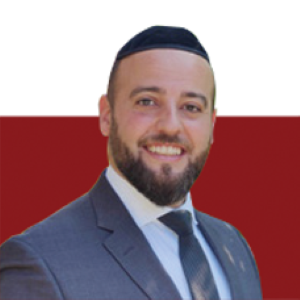
It looks scary when they scream and fight back. But they’re just little kids in adult bodies, alone and scared
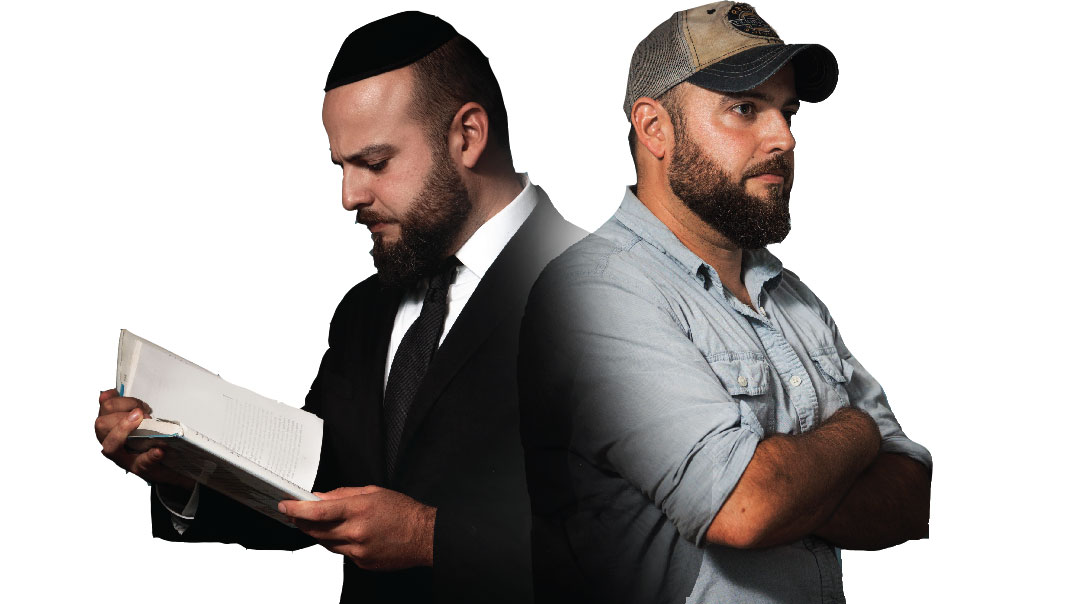
I heard it before I saw it, sensed it really: a chair scraping the floor, quicker and more forcefully than usual. It was just background noise, but not to the people in this room. In this line of work you develop a sixth sense for certain things, and we knew what it meant: A fight was about to go down.
I jumped up and scanned the room. Daniel and Tomer were facing off.
Daniel. My heart sank. Daniel was rude, callous, and noncompliant. It had been extremely difficult to convince him to leave his drug-dealer roommate and enroll in the sober living program. He had been with us for six months, and he was a tough case.
Truth is, most of our guys were tough cases. Most of our guys had been to, and failed, many other rehab programs. Our program was usually their last stop before jail — or worse.
But Daniel was one of the toughest. He threatened me when I confiscated his cigarettes, he threw my computer out of a third-story window when an email from his mother made him angry. Several times, he came close to being asked to leave the program. In fact, Daniel was so difficult and dangerous that I actually consulted with my rebbi, Rabbi Yehonason Freidlander of Yeshivas Torah Simchah, whether I could really be cut out for this line of work if I found it so frustrating to deal with the Daniels of the world. “I got involved to make a difference,” I told him, “not to be threatened and spat at!”
Rabbi Freidlander smiled at me. “Not everything is about you.”
I digested this. “So it’s all ego?”
He corrected me. “No, it’s all a misunderstanding. Imagine you’re walking in Meah Shearim and you spot a little boy, standing alone on a street corner and crying hysterically. Of course you try to help, right? But the kid won’t let you approach him, he starts screaming and spitting at you. He even raises a fist. Are you going to just walk away and abandon him?”
“Of course not — he’s just a little kid, that’s how kids act when they’re helpless and scared.”
“Exactly. Daniel and guys like him are just scared little kids. They’ve lived through their own trauma, and they can’t find their mommy. They’re lost. They’re terrified. If you walk away from Daniel, he’s going to walk right into traffic. He’s just a lost little boy, Yossi.”
In that conversation, my rebbi gave me a model for dealing with the Daniels in our program. But as we pulled Daniel away from Tomer, I felt devastated. Daniel had made so much progress; he had learned to control his anger and communicate when he was frustrated. He had developed strong relationships with the staff and even mentored some of the newer students. His last outburst had been three months ago. I couldn’t believe this was happening.
“Get off me!” he screamed as we hustled him out of the room. “Let me go! You all hate me! I’m done with this place.” He broke away and ran down the hall. “I’m leaving! I swear, this time I’m leaving!”
It wasn’t an empty threat. He could leave if he wanted to. The program had an open-door policy — Daniel could walk out, and we couldn’t stop him. But when guys walk out, the odds are very high that they’ll relapse; they’re very likely to OD and die, G-d forbid. I couldn’t let that happen to Daniel.
I broke the rules and ran after him.
He wasn’t in the hall anymore. I ran up to his room; he wasn’t there but all his stuff was still there. Good. I crossed the room to the little porch — it had a view of the street. Maybe I’d see him still on the road trying to hitch a ride.
Daniel was on the porch. He was smoking a cigarette and wiping tears from his cheeks. I sat down in an empty chair and looked out over the hills of Tzfas.
I usually don’t talk in these situations, but this time I couldn’t help it. “You okay, Dan?”
He choked out an answer like every word was costing him effort. “I don’t know what to do. I hate all those people!”
“No, you don’t, Daniel, you love them. And they love you. What do you want to do?”
“I want to get along with them,” he muttered. “I don’t know why it’s so hard.”
We went back into his room and talked for a long time, about Daniel’s anger, how he sometimes felt blind with rage. After a while I realized I was talking to myself — Daniel had fallen asleep. I stood up, wondering if there was hope for the fury I saw in him, and glanced back at him from the doorway. Something was odd. I took a step closer again, and my heart skipped a beat.
Daniel was curled up on his bed in the fetal position. He was sucking his thumb.
My rebbi’s voice was loud in my head. They’re just lost children.
Gently, I pulled the covers over him. Then I went out.
They’re just little kids.
Just little kids, crying and scared. They just need someone to come and help them calm down.
It looks scary when they scream and fight back. But they’re just little kids in adult bodies, alone and scared without their Mommy and Tatty, desperately needing someone to come take care of them.
Fifteen years later, I keep that image in front of me whenever I meet a new Daniel: little children, lost and terrified, crying on the street corner, begging for help but not knowing how to ask.
Identifying details have been changed to protect the privacy of patients, their families, and all other parties.
Rabbi Yossi Bensoussan serves as mashgiach ruchni at Yeshiva High School of Cleveland. He is a Certified Alcohol and Substance Abuse Counselor (CASAC) who currently maintains a private practice, and does motivational speaking and community education on addiction all over the US and Israel.
(Originally featured in Mishpacha, Issue 782)
Oops! We could not locate your form.





